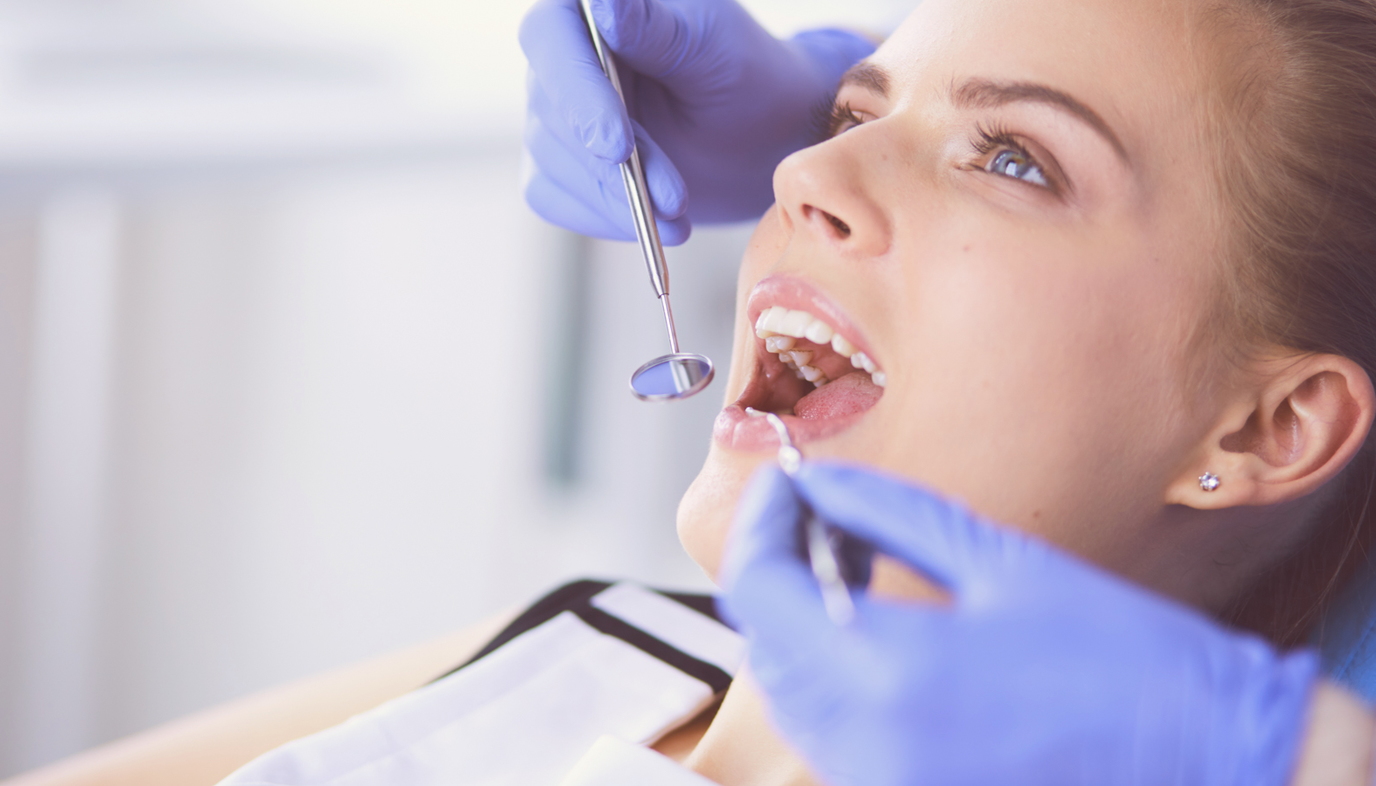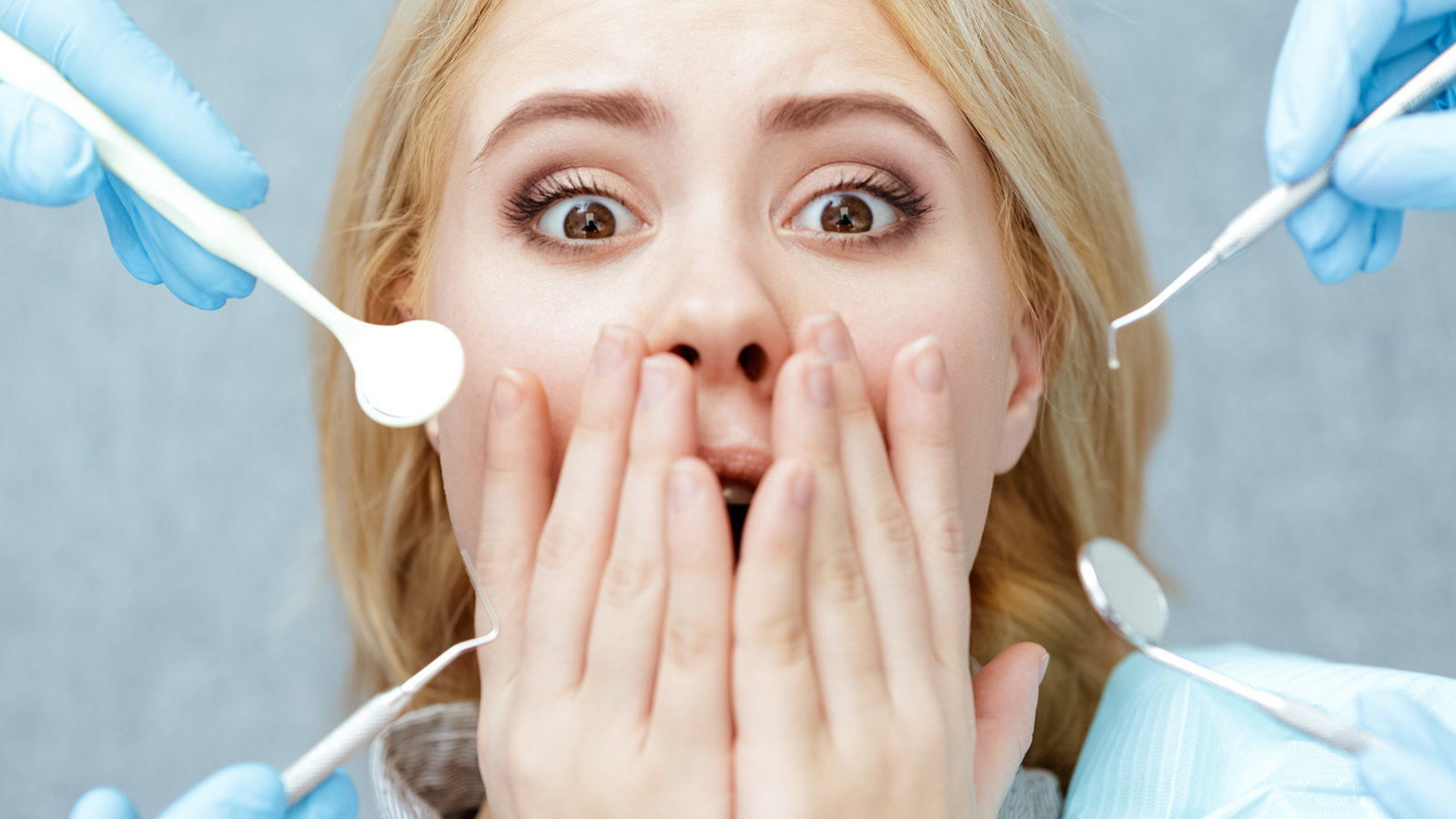
Is Dental Care Safe During Pregnancy?
According to the American Dental Association (ADA), annual exams and routine cleanings during your pregnancy are perfectly safe and recommended. Make sure to let your dentist know that you are expecting. Some women may need dental procedures such as fillings, root canals, or crowns during pregnancy. The second trimester is the best time to get this type of work done. When you hit your third trimester, it becomes increasingly difficult to lie on your back for long periods of time. The best course of action is to postpone all non-emergency dental work until after the birth of your baby. Elective treatments, such as teeth whitening or other cosmetic procedures, should also be postponed until after the birth.
What About the Medications Used During Dental Work?
Local injections of lidocaine or novocaine are the most commonly used for dental work. Some dental procedures require anesthesia. As little as needed to keep you comfortable during the procedure is a good rule to follow. If you are experiencing pain, request additional numbing. Remember, when you are comfortable, the stress on the baby is reduced and the anesthetic will work better. Bring some headphones and your favorite CDs to help relax. Also, focus on leaving your legs uncrossed to keep blood circulation flowing. Dental work often requires antibiotics to prevent or treat infections. Antibiotics such as penicillin, amoxicillin, and clindamycin, which are labeled category B for safety in pregnancy, may be prescribed after your procedure. Avoid antibiotics such as tetracycline during pregnancy, which can cause discoloration of your baby’s temporary and permanent teeth.

Should I Avoid X-rays Used in Dental Work During Pregnancy?
Routine x-rays can usually be postponed until after the birth. However, if you are experiencing troubling symptoms, dentists rely on X-rays to make a diagnosis and determine the course of action. While the risk of X-rays is minimal, fetal organ development occurs during the first trimester, so it’s best to err on the side of caution and avoid exposing your developing baby to any potential risks.
Caring For Your Teeth
Due to an increase in pregnancy hormones, gingivitis (inflammation of the gums) is a common problem for women that are expecting. Some symptoms to watch out for include tender, red, and swollen gums, bleeding gums, and bad breath. Do not ignore dental problems, because they can take a toll of your baby’s health. Gum disease has actually been linked to preterm birth. It’s a good idea to visit your dentist early on for a cleaning and an exam. Take care of your teeth. Brush at least two times a day with an ADA-accepted fluoride toothpaste and floss regularly.

Remember to stick to a healthy diet. Proper nutrition is really important for your growing baby and your teeth too! Pick foods that are good sources of calcium and vitamin D. Stay away from junk food, which can lead to weight gain and cavities. Maintaining a balanced diet, proper nutrition and good oral hygiene is the best way to avoid damaging gum diseases in the future.
